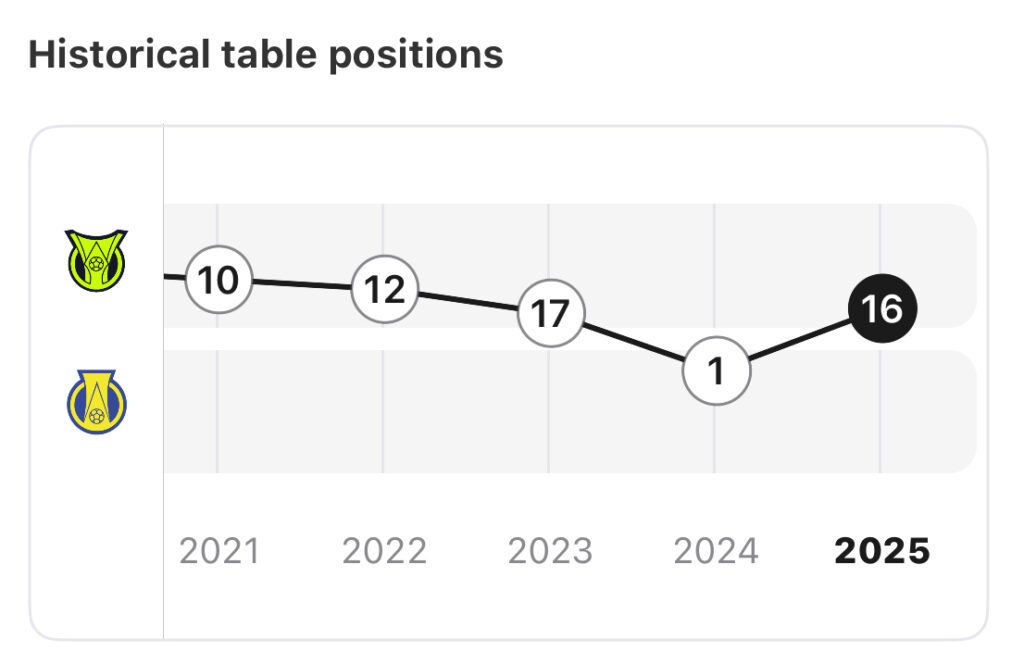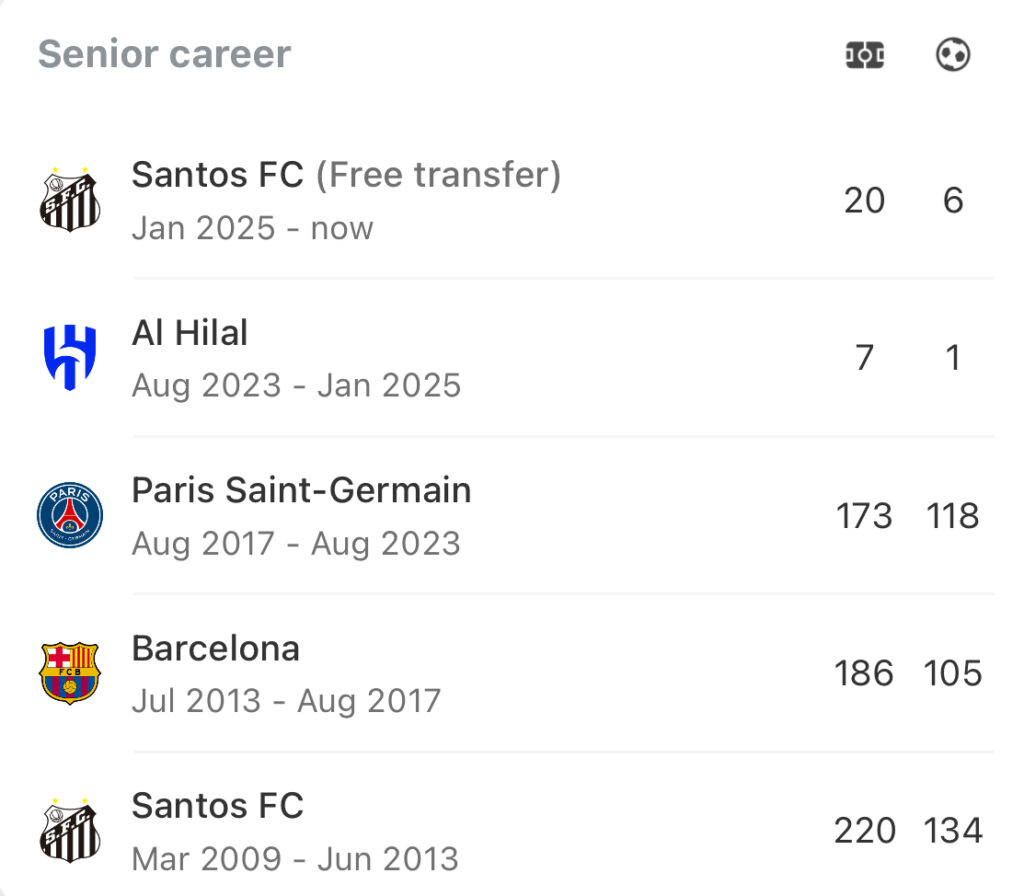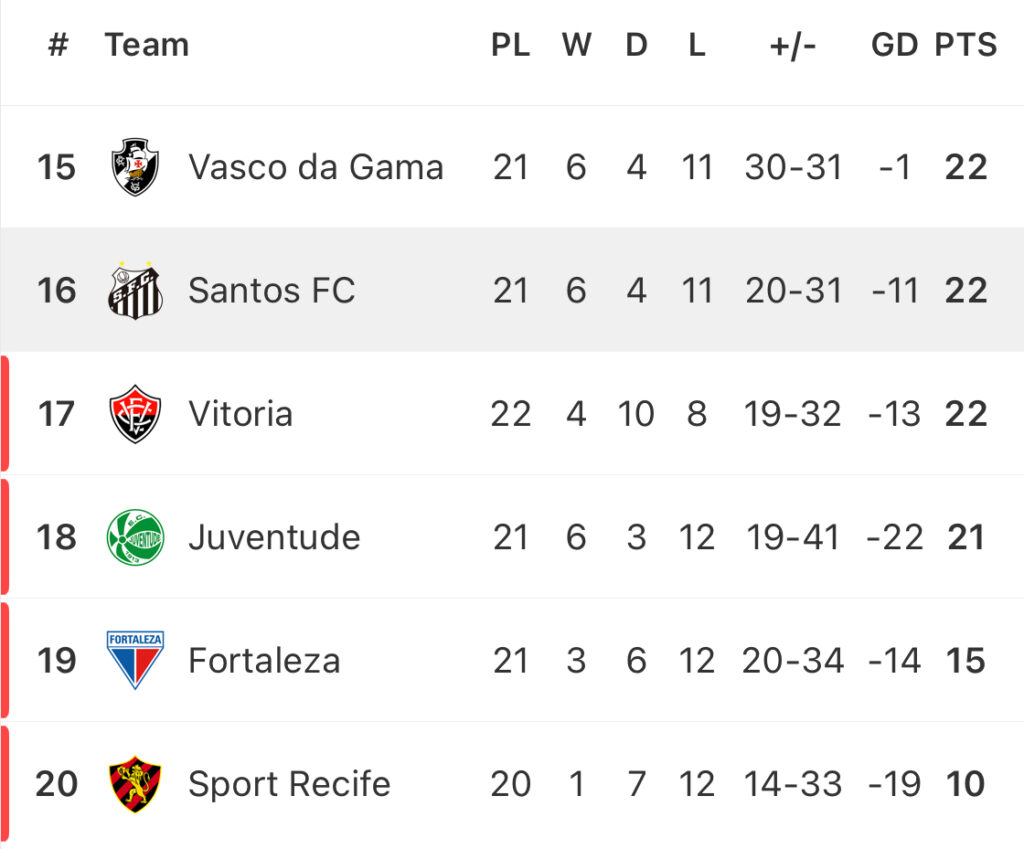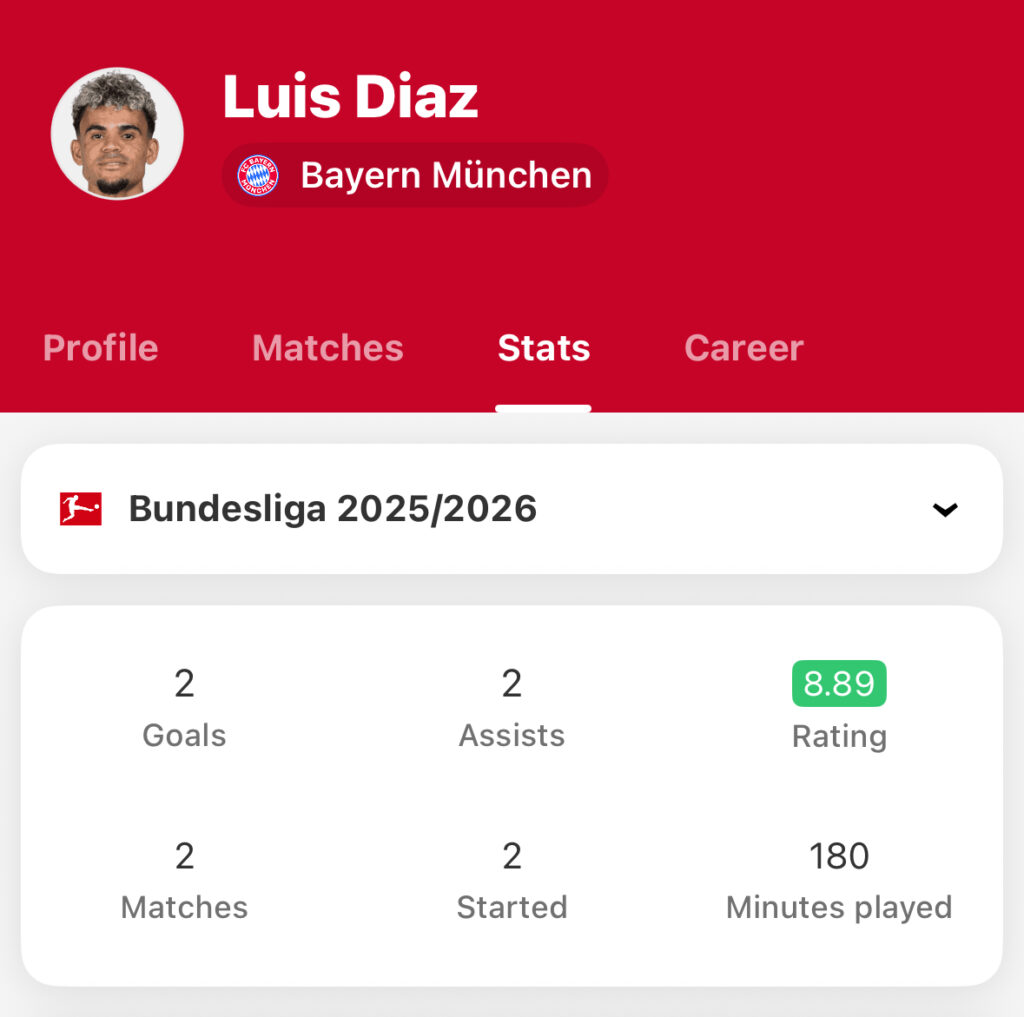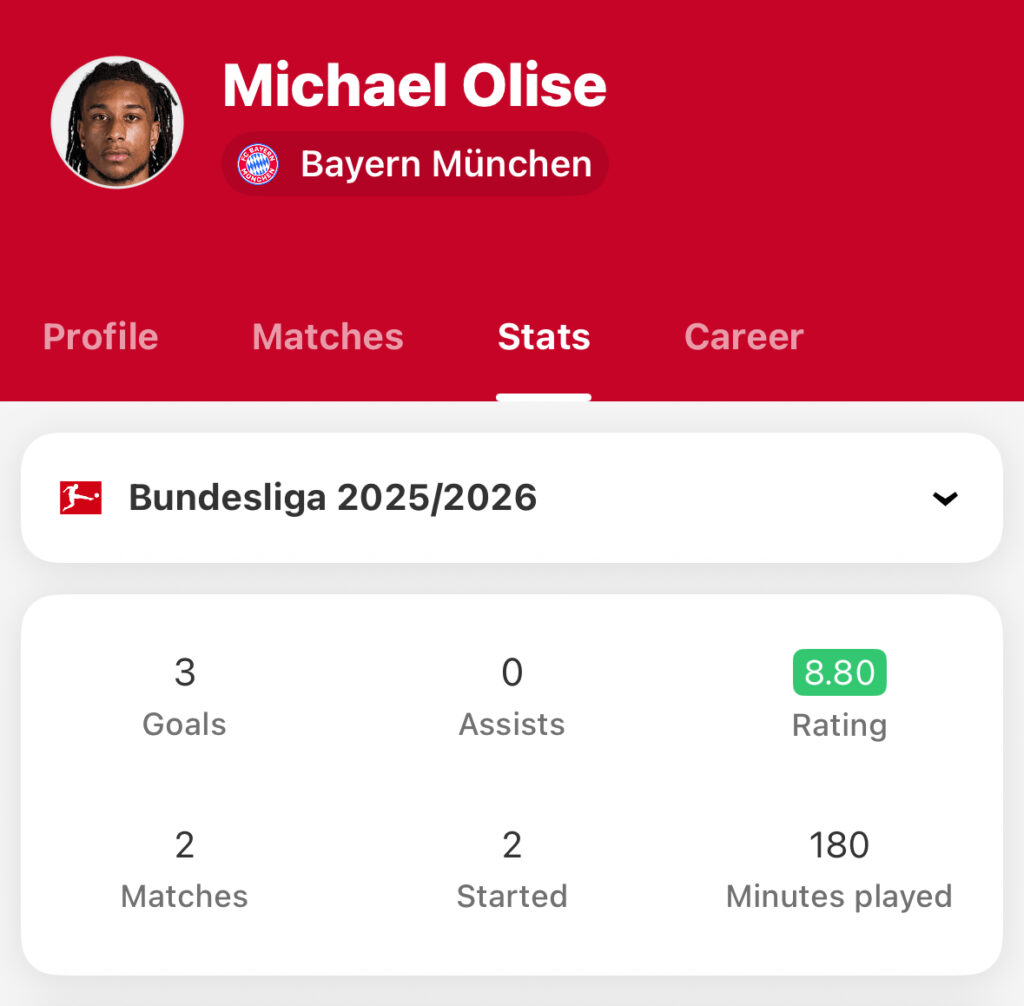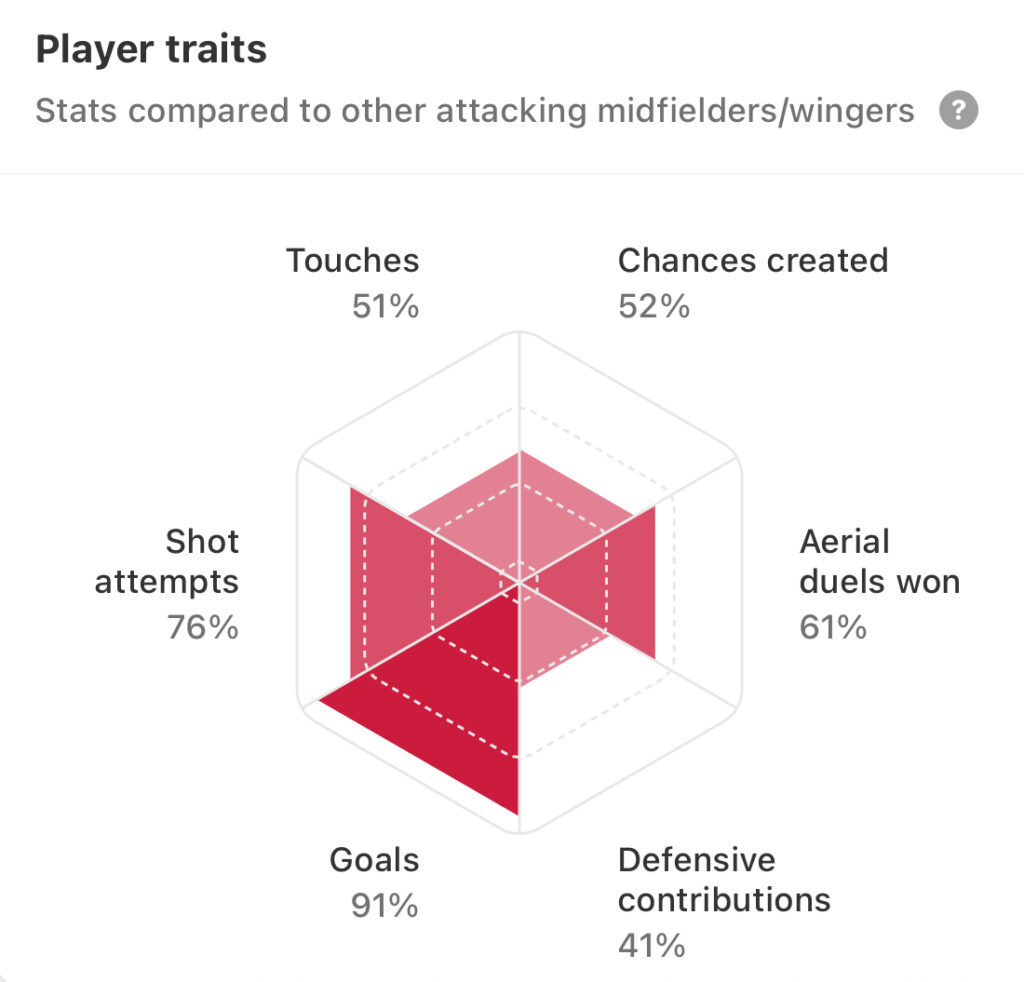Spain began their 2026 FIFA World Cup qualifying journey in stellar fashion, winning 3-0 in Bulgaria and 6-0 in Türkiye this month, and demonstrating once again why they are one of the top teams on the planet. Only one player found the back of the net in both qualifiers: Mikel Merino.
By Zach Lowy
Merino doubled Spain’s lead against Türkiye after completing an intricate passing combination with a sensational first-time finish, his third goal in four international matches, before scoring again on the cusp of halftime. As Pedri, Ferran Torres and Mikel Oyarzabal zoomed forward, Merino calmly jogged into the box, patiently waiting for things to unfold, and when Pedri’s overhit cross skirted past Torres and Oyarzabal, he was there to coolly slot into the near post. However, he saved the best for last, receiving the ball from 40 yards out, waiting for a passing option to develop, before trying his luck from outside the box and unleashing a firecracker into the back of the net.

In doing so, Merino became the first midfielder to score a hat-trick for Spain since Isco in 2018. It was yet another reminder of why, at 29 years of age, Merino is staking his claim as one of the top goal-scoring midfielders in European football. And it was more evidence that Merino will be vital to Spain’s hopes of acquiring a second star (for a second World Cup win) as well as his personal ambitions of adding to a trophy cabinet that already features European Championships at U19, U21, and senior level, a UEFA Nations League trophy, and an Olympic silver medal.
Born in Pamplona, Spain, Merino bounced around from Osasuna to Borussia Dortmund to Newcastle before joining Real Sociedad in 2018, where he emerged as one of LaLiga’s top midfielders. Merino helped them end a 33-year trophy drought with a Man of the Match display in the 2020 Copa del Rey Final, before restoring them to the UEFA Champions League after a decade-long absence. He followed that up with an impressive 2023/24 season, winning the most duels in Europe’s top leagues (326) as well as the most aerial duels (168), before taking off for Germany and participating in his first-ever major tournament with Spain’s senior team. Despite being secondary to Martín Zubimendi, Pedri, Fabián Ruiz and Dani Olmo in the midfield rotation, Merino played in all seven matches and provided vital contributions in Spain’s successful EURO 2024 conquest, none more important than his 119th-minute winner against Germany in the quarterfinal.

It’s why Arsenal decided to fork out £31.6m for the Spaniard, tying him down to a four-year contract. Merino looked set to lock down a spot in midfield alongside Declan Rice and Martin Ødegaard, but destiny had other plans. In his first training session, he fractured his shoulder after colliding with Gabriel Magalhães; by the time Merino returned, Ødegaard was out with an ankle problem. Merino shifted back and forth from the starting XI to the bench and operated in a variety of midfield roles, before getting the chance to shine in an unnatural position. With both of Arsenal’s centre forwards Kai Havertz and Gabriel Jesus unavailable, Arsenal found themselves drawing at Leicester on February 15, prompting Mikel Arteta to throw Merino on in the 69th minute as a makeshift striker. He grabbed the opportunity with both hands by scoring a brace, quickly locking down a place as Arsenal’s short-term No. 9 and scoring against the likes of Chelsea, Liverpool, and Real Madrid.
“Merino offers a unique set of skills (aerial ability, duel winning, box crashing, final third combination play) that is quite different than what his teammates have, which was one of the things that excited the Arsenal hierarchy and made them sign him,” stated Arsenal-focused journalist Scott Willis. “He’s very good at finding gaps and picking his spots so that he doesn’t have his shots blocked. He’d be best suited as an attacking midfielder, either as an 8 in a 4-3-3 or a 10 in a 4-2-3-1.”
“Whilst Merino excels at crashing the box and striking the ball, he doesn’t have the elusiveness to create separation before the ball arrives, or the ability to use his first touch to move past that initial pressure. He isn’t a classic deep-lying playmaker that breaks lines in the build-up or sprays the ball all over the field, and he understands his limitations by playing it safe to other players rather than forcing things himself. His main weakness is his lack of speed whilst receiving with his back to the goal and turning towards goal, leaving him vulnerable to an opponent closing him down and robbing him of possession.”

This season, Merino finds himself under heightened competition on both fronts following the summer arrivals of Viktor Gyökeres, Zubimendi and Eberechi Eze. With Gyökeres leading the line and Zubimendi slotting in between Ødegaard and Rice in midfield, Merino played just 13 minutes in Arsenal’s opener before remaining on the bench for their second match. Their third match, however, would see Merino get the nod on the right side of midfield, playing 70 minutes vs. Liverpool before being replaced by Ødegaard. It begs the question – is Merino’s long-term role at Arsenal in the starting line-up, or as a substitute?
It remains to be seen, but one thing’s for sure: Merino looks set to play a pivotal role for Arsenal as they seek to win their first Premier League title in 22 years, as well as their first-ever Champions League title. And maybe, just maybe, he’ll be the key to Spain winning their second World Cup in North America next summer.
(Cover image from IMAGO)
You can follow the every game from the Premier League with FotMob – with in-depth stat coverage including xG, shot maps, and player ratings. Download the free app here.





